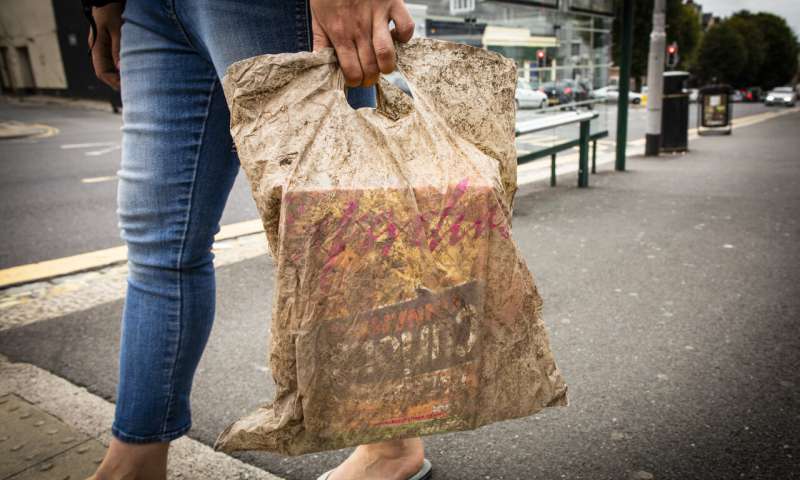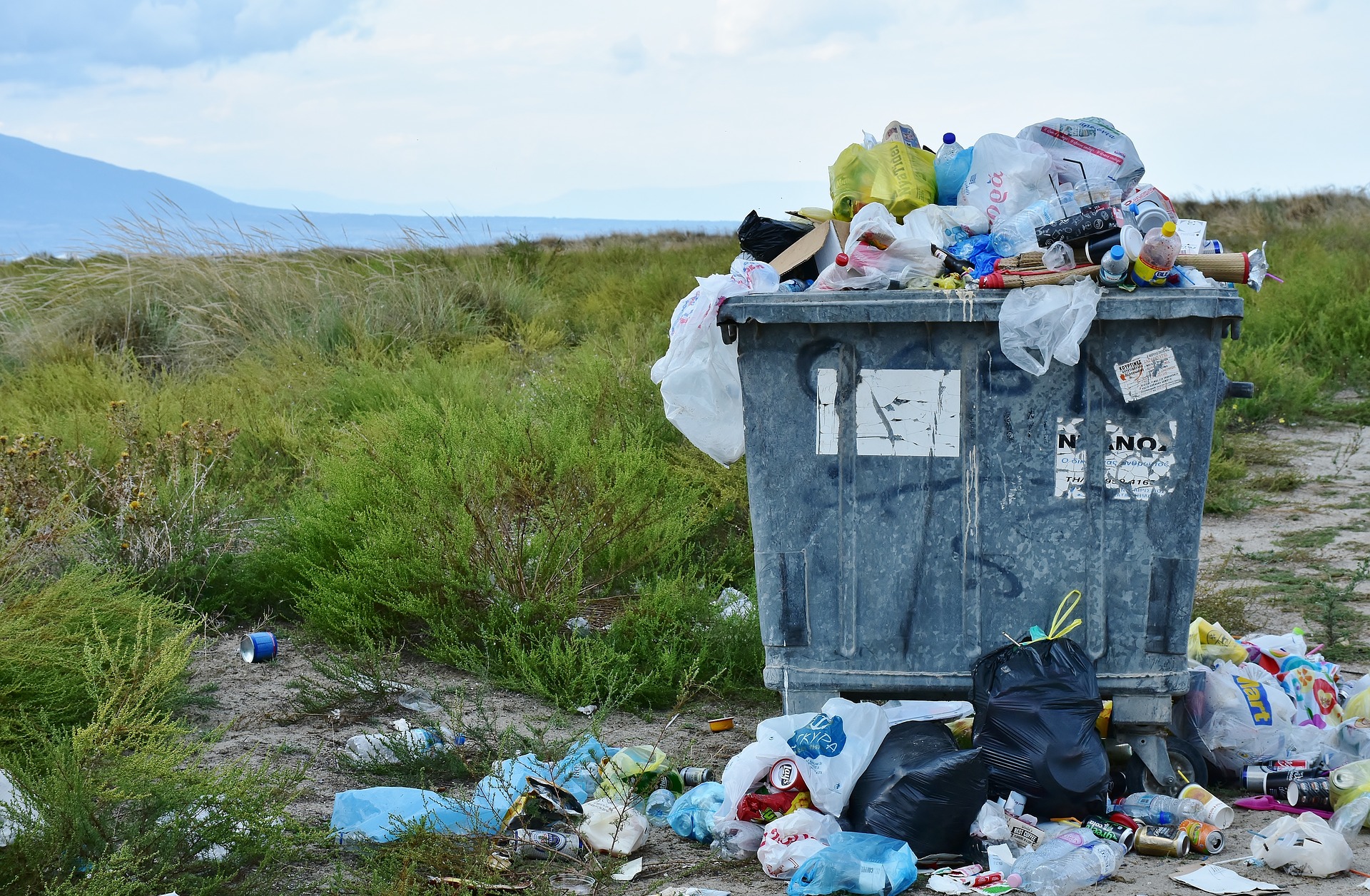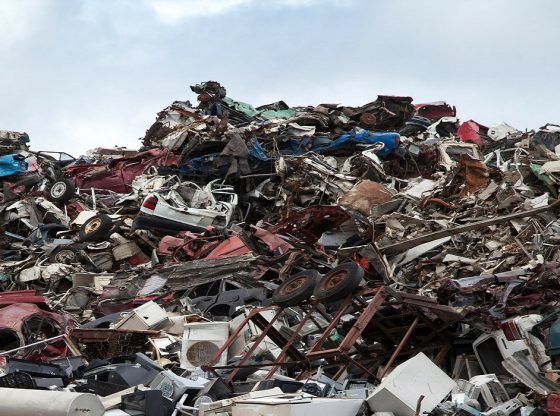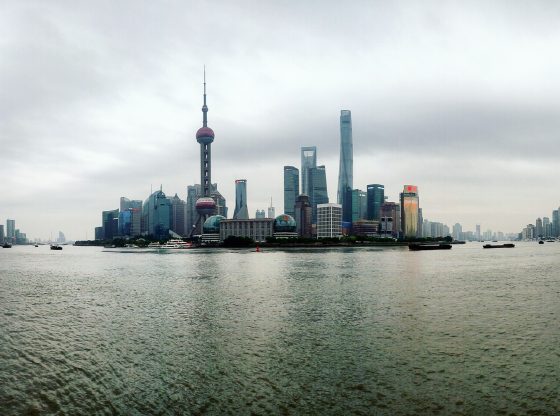That we stop using needless plastic is paramount for the environment, but new research casts doubt over just how environmentally friendly some forms of biodegradable plastic actually are.
The study shows that biodegradable and compostable plastic bags are still capable of carrying full loads of shopping after being exposed to the natural environment for three years.
Researchers from the University of Plymouth examined the degradation of five plastic bag materials widely available from high street retailers in the UK.
Five different types of plastic carrier bags were compared. These included two types of oxo-biodegradable bags, one biodegradable bag, one compostable bag, and also a high-density polyethylene bag – a conventional plastic bag.
They tested their resilience by long-term exposure to the sea, air, and earth. Then, to assess the amount of degradation, they visually observed changes in surface area and texture, as well as tensile strength and chemical structure over a three-year period.

None of the bags decomposed fully in all three environments, but the compostable bag appears to have fared better than the so-called biodegradable bag. The compostable bag sample had completely disappeared after three months in the marine environment.
However, the biodegradable, oxo-biodegradable, and conventional plastic formulations remained functional as carrier bags after being in the soil or the marine environment for over three years.
“After three years, I was really amazed that any of the bags could still hold a load of shopping. For biodegradable bags to be able to do that was the most surprising,”
“When you see something labeled in that way, I think you automatically assume it will degrade more quickly than conventional bags. But, after three years at least, our research shows that might not be the case.”
– Imogen Napper, who led the study as part of her doctoral program at Plymouth.
The researchers raise the question of whether biodegradable formulations can be relied on to offer a sufficiently advanced rate of degradation and therefore a realistic solution to the problem of plastic litter.
In the research, scientists quote a European Commission report in 2013 which suggested about 100 billion plastic bags were being issued every year, although various Governments have since introduced levies designed to address this.
The researchers call for improved standards, such as the ISO, European Norm, and American Society for Testing and Materials (ASTM) International standards, relating to degradable plastic products – or perhaps, alternative disposal pathways.
Reference:
Imogen E. Napper, Richard C. Thompson. Environmental Deterioration of Biodegradable, Oxo-biodegradable, Compostable, and Conventional Plastic Carrier Bags in the Sea, Soil, and Open-Air Over a 3-Year Period. Environmental Science & Technology, 2019; DOI: 10.1021/acs.est.8b06984























